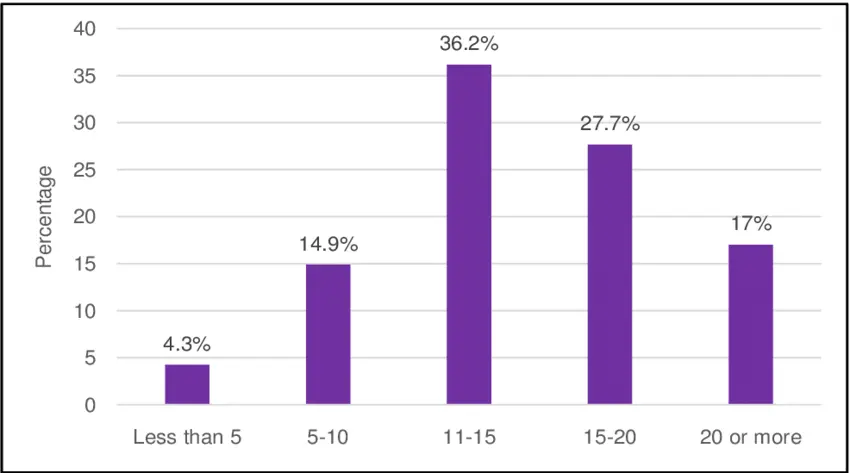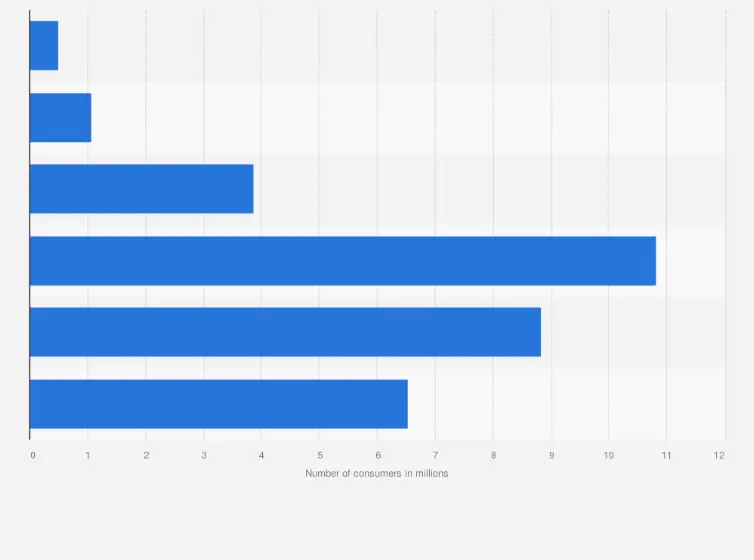Smoking is a prevalent habit that has been ingrained in societies around the world for centuries. Despite numerous health warnings and anti-smoking campaigns, many people still continue to smoke cigarettes on a daily basis. In this article, we will delve into the question of how many cigarettes are smoked each day and explore the implications of this habit.
The Global Impact of Smoking
Cigarette smoking is a global issue that affects millions of people worldwide. According to the World Health Organization (WHO), tobacco use is the leading cause of preventable deaths, killing more than 8 million people each year. This alarming statistic highlights the urgent need for effective measures to reduce smoking prevalence.
Smoking Habits and Consumption
The number of cigarettes smoked per day varies widely among individuals. While some smokers may only smoke a few cigarettes, others can consume a pack or more. It is important to note that smoking patterns can change over time and are influenced by various factors such as stress, social environment, and addiction.
According to a survey conducted by the Centers for Disease Control and Prevention (CDC) in the United States, the average number of cigarettes smoked per day by daily smokers was approximately 14 cigarettes. However, it is crucial to acknowledge that this figure is an average, and individual consumption can vary significantly.
The Health Consequences of Smoking
Smoking has severe health consequences that affect both smokers and those exposed to secondhand smoke. It is widely known that smoking increases the risk of developing various diseases, including lung cancer, heart disease, stroke, and respiratory conditions.
Research has shown that smoking just one cigarette can have immediate adverse effects on the body, such as increased heart rate and blood pressure. Long-term smoking can lead to chronic health issues and significantly reduce life expectancy.
Efforts to Reduce Smoking
Given the detrimental effects of smoking, many countries have implemented policies and programs aimed at reducing smoking prevalence. These include increasing taxes on tobacco products, implementing graphic warning labels on cigarette packages, and banning smoking in public places.
The introduction of smoking cessation programs and support services has also played a crucial role in helping smokers quit the habit. These programs provide resources, counseling, and medication to assist individuals in their journey towards a smoke-free life.
Frequently Asked Questions
What are the immediate effects of smoking?
Smoking can have immediate adverse effects on the body, including increased heart rate, blood pressure, and carbon monoxide levels. It can also cause dizziness, nausea, and shortness of breath.
How many cigarettes are in a typical pack?
A typical pack of cigarettes contains 20 cigarettes. However, pack sizes may vary in different countries or brands.
Is smoking only harmful to the smoker?
No, smoking is harmful not only to the smoker but also to those exposed to secondhand smoke. Secondhand smoke contains the same harmful chemicals as directly inhaled smoke and can increase the risk of various health conditions in non-smokers.

In Conclusion
Smoking continues to be a significant public health concern, with millions of cigarettes being smoked each day worldwide. The health consequences of smoking are well-documented, and efforts to reduce smoking prevalence are crucial for improving global health outcomes. It is essential for individuals to understand the risks associated with smoking and seek support to quit this harmful habit.
If you want to know other articles similar to How many cigarettes are smoked daily? global impact & health consequences you can visit the Smoking category.


Related Articles